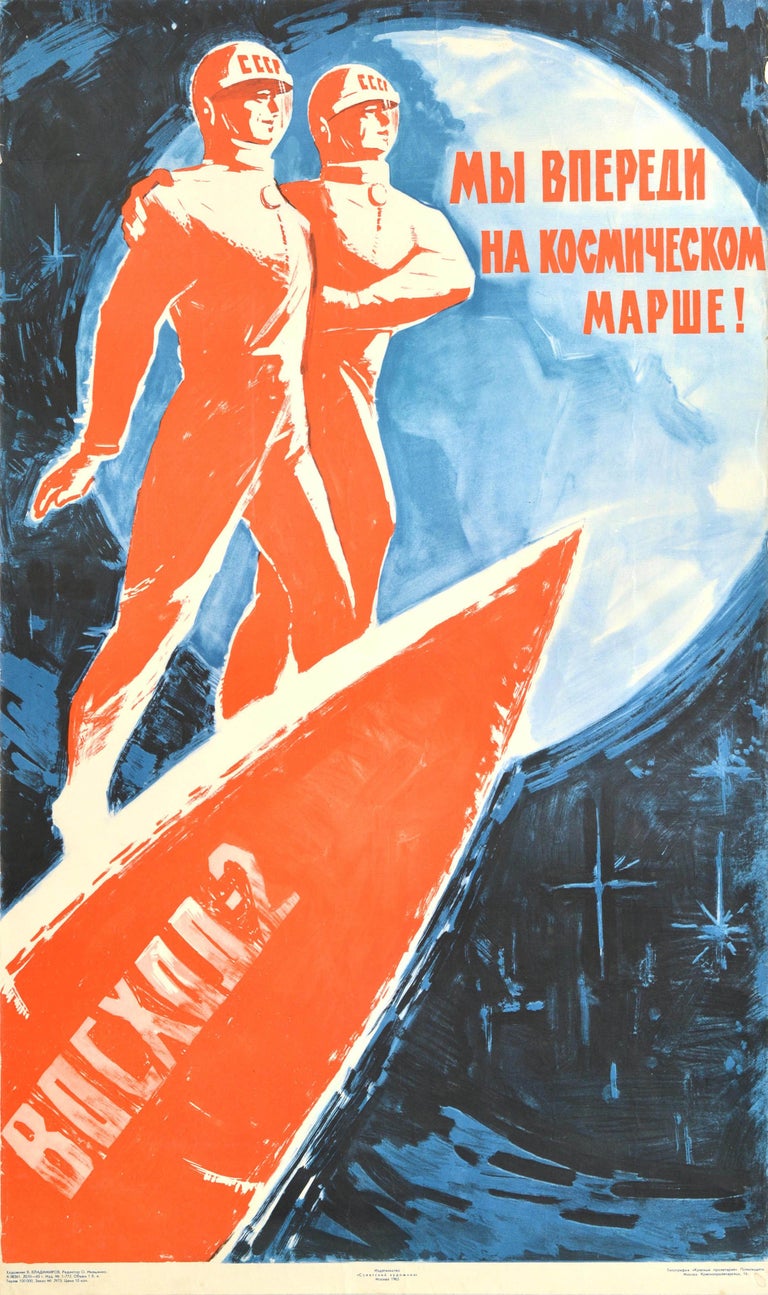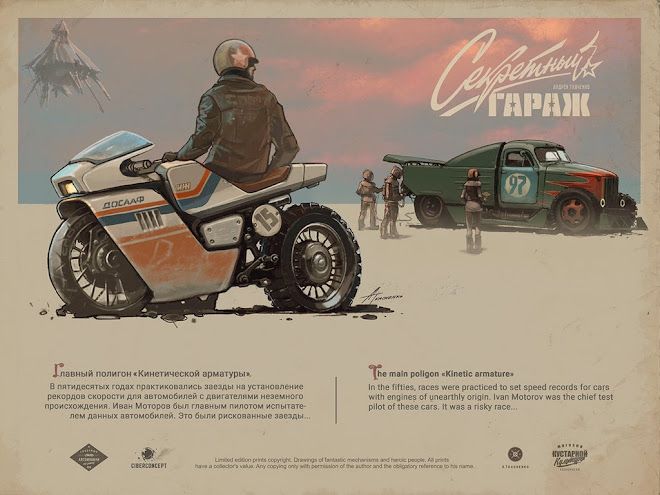Science of Europa
Europa is an oceanic moon locked into Jupiter's orbit in our solar system. It's about 90% the same size as Earth's singular moon. It takes 3.5 Earth-days for Europa to complete an orbit around Jupiter, and is gravity-locked to the gas giant—that means that the same hemisphere of the moon is always facing the planet. Jupiter itself takes 4,333 Earth days (or about 12 years) to complete an orbit around the Sun (this period of 4,333 Earth days = 1 Jovian year). Jupiter has an axial tilt of only 3 degrees—Earth, meanwhile, has an axial tilt of 23.5 degrees—which means that the gas giant spins nearly upright and, as such, it and its moons don't experience seasons the way Earth does. It's ice all year 'round.
Europa is a watery moon. Its surface is entirely composed of an icy shell that is anywhere between 10-15 miles thick, which is pitted, uneven, and filled with cave systems. Below the icy shell is an ocean whose uneven seafloor is 40-100 miles below the surface of the shell. Contrast that with Earth's oceans, where the Challenger Deep (the deepest point of any ocean on the planet) of the Pacific Ocean is a measly 6.8 miles in depth. Hydro-volcanic vents at the seabed and tidal flexing help keep Europa's vast ocean from freezing solid. It is warmer at the bottom of the ocean, and gets steadily colder as one progresses upward toward the shell. The average oceanic temperature hovers just above freezing.
Surface temperatures on Europa (i.e. temperatures above the shell) fluctuate between -210 and -370 degrees Fahrenheit. An unprepared human who ventured above the icy shell would be dead of hypothermia in less than 30 seconds—provided that they hadn't already expired from how Europa's atmosphere (really an exosphere) doesn't contain enough oxygen for a human being to breathe. However, the saltwater ocean below the shell contains enough oxygen to support aerobic life…
To learn more about the IRL science of Europa, consider checking out NASA's website dedicated to this fascinating moon.
History of the Colonization of Space
Following the failed assassination of American President John F. Kennedy in 1963, the powerhouses of the Eastern and Western blocs were able to enter a period of relaxed tension where scientific collaboration became significantly easier. The Space Race
between America and the USSR evolved into a joint operation to explore the mysteries of the greater cosmos and fostered feelings of brotherhood and camaraderie between East and West, although there was certainly still a deep undercurrent of competition. The Space Race may have been detrimental in other regards, however, since the focus on the cosmos allowed the deepening environmental crises of the 20th and 21st centuries to be sidestepped until they were impossible to ignore.

In 2103 CE, Earth was all but unlivable and the first colonies were being established on Mars, Luna, and Venus. The assassination of the primary Soviet aerospace engineering team in 2117 by CIA operatives marked the true and bloody end of Era of Brotherhood
as the Western bloc sought to sabotage its Eastern counterpart to ensure space for its own people within the new colonies. A last-ditch colonization scramble on the part of the USSR ensured that several thousand handpicked members of the Soviet Socialist Republics would be able to go to Europa and establish a colony there.
The remainder of the human population was left behind on its poisoned, dying homeworld with instructions to repair, rejuvenate, and reclaim Nature. Radio communications with the Earthbound populations were officially declared dead in 2152 CE, and Old Earth
is now considered a mass grave and testament to mankind's hubris.
Europa in 2376 CE
Overview of Europa
Like all human settlements on Europa, the capital city (Novograd) is located within the icy shell in order to avoid the extremely cold and oxygen-poor exosphere of the moon's surface. Its population numbers approximately 90,000 souls, making it quite small in comparison to Home, the capital of Mars, or even Armstrong Base, the principle settlement of Luna. Power for industry, light, heat, cooking, entertainment, and so on is generated through harvesting the force of tidal pulls and oceanic currents below the icy shell.
In its early days as a colony, Novograd was first policed by an informal group of extremely paranoid communist enforcers who called themselves The Vigilance Committee
and had close ties to the KGB of Old Earth's USSR. Nowadays, the secret police of Europa are referred to as The Red Watch
as an homage to this concept of vigils and watchful guardians. The regular police force does not have a special title, but they are very closely affiliated with Europa's military.
Military service is mandatory on Europa, since the colony's cultural mindset is one of extreme paranoia and xenophobia toward the Western-aligned powers of Luna, Mars, and Venus. The Central Committee that governs the moon's human population lives in constant fear of invasion, and their propaganda reflects this. It's very difficult for foreigners to visit Europa, and even harder for its citizens to leave. Military service typically lasts for five years, starting at age 18 for all genders. Refusal to serve results in a sentence of prison time and hard labor for an equivalent amount of time and without the possibility of parole.
The General Secretary is the leader of the Central Committee, and therefore is also the leader of Europa. Currently, the General Secretary is Nikodim Ilyich Vedenin, a former Spetsnaz (special forces) operative with a talent for the type of cutthroat politicking that flourishes on Europa. It is customary for children of unknown parentage to take on the patronymic of the current General Secretary—as though he was their father—when their official records are created and logged into the state databases.
Europa's population is (compared to other planetary and lunar settlements) low due to the harshness of life, scarcity of resources, and general miserableness. The Central Committee has long wanted to increase the size of its military and workforce, and therefore has banned all forms of contraception and abortion. All civil unions—there is no such thing as marriage
on Europa, especially in the religious sense—among parties up to 5 adults of any gender are required by law to raise at least 1 child. Tax breaks and ration increases are awarded to households raising 3+ children.
Due to religion being the opiate of the masses
there is officially no permissible form of religion or spirituality on Europa. However, underground meetings of spiritual/religious people flourish in secrecy, and the cult of personality surrounding the General Secretary and the communist party as a whole could be considered a religion unto itself.
Useful Technology
Most current technology on Europa was designed with the retro futuristic
aesthetic in mind. Imagine spaceships with heavy, clicking toggle switches, blinking lights, and monochromatic radar panels. Computers are called information consoles
and the nearest equivalent technology to smartphones are called PDAs
(Personal Digital Assistants).
The higher up in the hierarchy one goes, the more sophisticated the technology becomes. The average urban-dwelling citizen of Europa has access to one PDA (centered in their domicile), which functions as a television, radio, telephone, handheld gaming console, and email inbox and is shared with the entire family. It can only perform one of those functions at a time. It has a scratched plastic screen and worn buttons that are always on the verge of coming off, and needs to be plugged into an outlet to function. Meanwhile, the upper echelons of the Central Committee and/or the Politburo have access to individual PDAs that they carry on their persons, which are sleek, sophisticated, and use holographic screens calibrated to the primary user's eyesight. They are wireless and have a long battery life. These PDAs are much more like IRL smartphones; they have multiple apps that can be used concurrently, are status symbols, and are infinitely customizable.
Communication
Europa is a surveillance state; its human population is constantly and heavily monitored. There is a form of non-radio wireless information sharing that is equivalent to the Internet which also (for ease of remembering monikers and bynames) uses the same terminology as was used on Earth in the first three decades of the 21st century. Communications sent via this Internet
are all scanned for keywords and key phrases that might indicate anti-communist sympathy and counter-revolutionary organizing; the shallows of the digital world on Europa are (for the most part) not safe for personal expression that doesn't toe the party line, although Deep Web
tends to be more heavily encrypted (and, correspondingly, more dangerous for the layperson). There is a flourishing culture of hacking and virtual daring-do, but very little of this digital crusading ever translates into real world activism.
Wireless earpieces (that are often disguised as earrings) are frequently used for covert communications between an infinite number of parties. The slang term for an earpiece of this type is shell.
The network of communicating parties using 1 or more shells is called a link shell.
Shells are not capable of storing audio archival data or transferring any data as text-based communication, which means that the only way to covertly listen in on a link shell conversation is via real-time monitoring and/or externally recording the audio as it occurs. Many informal link shell groups have colorful nicknames and function as (in the civilian world) exclusive clubs.
PDAs are the standard method of interpersonal communication.
Transportation
A lot of the vehicles on Europa are wheeled. Scooters, trucks, vans, and cars that wouldn't look terribly out of place in the halcyon days of Old Earth are a frequent sight. Most are equipped with special treads that grip the perpetually freezing streets of Novograd, or else cling to the surface of the icy shell without exposing their occupants to the deadly, airless chill of the moon's exosphere. They all use an explosive, methane-based biofuel treated with specific chemicals that prevent it from freezing solid in Europa's extreme cold.

artwork by Andrey Tkachenko
Medical Technology
One of the most accessible means of technology for everyday citizens of Europa is Panacea Powder, more commonly referred to as the pink powder
(due to its vibrant color and ubiquitousness) or else simply as Panacea.
Panacea Powder is a mass-produced first aid supply item. It is typically stored and distributed as packets containing water-activated nanites with short-lived energy reserves, which are mixed with a dyed, nontoxic powder to show where the nanites have been applied and/or what substances they have been mixed with.
Applied externally, Panacea Powder will knit wounded tissue and bone back together, stop bleeding, and generally act as a sci-fi version of a healing potion. When mixed with a water-based drink and consumed, the powdered nanites will fix internal injuries related to the gastrointestinal system such as ruptured organs and kidney stones. Notably, however, Panacea Powder has several drawbacks. Some examples of those drawbacks follow:
- If a broken bone is not set correctly before the patient drinks a Panacea-laden beverage, then the break will heal in the incorrect position and need to be re-broken so it can be set properly. Likewise, dislocated limbs should be relocated before any Panacea Powder is consumed/applied.
- If internal bleeding occurs, a Panacea-laden beverage will fix the source of the bleeding but not drain away the blood that is trapped in the wrong place inside the body.
- Panacea Powder cannot cure non-viral diseases (as an antibiotic would) or revive dead tissue; if a person has gangrene, the powder can stop the gangrene from spreading but not save any tissue that has already died.
- It is not a painkiller.
- It does not work on any species except Homo sapiens.
Panacea Powder is available at any drugstore or medical care center on Europa. Most households that have any sort of at-home first aid kits will have a small stash of it for emergencies, alongside more familiar IRL medical supplies such as bandages, gauze, painkillers, medical tape, etc.
